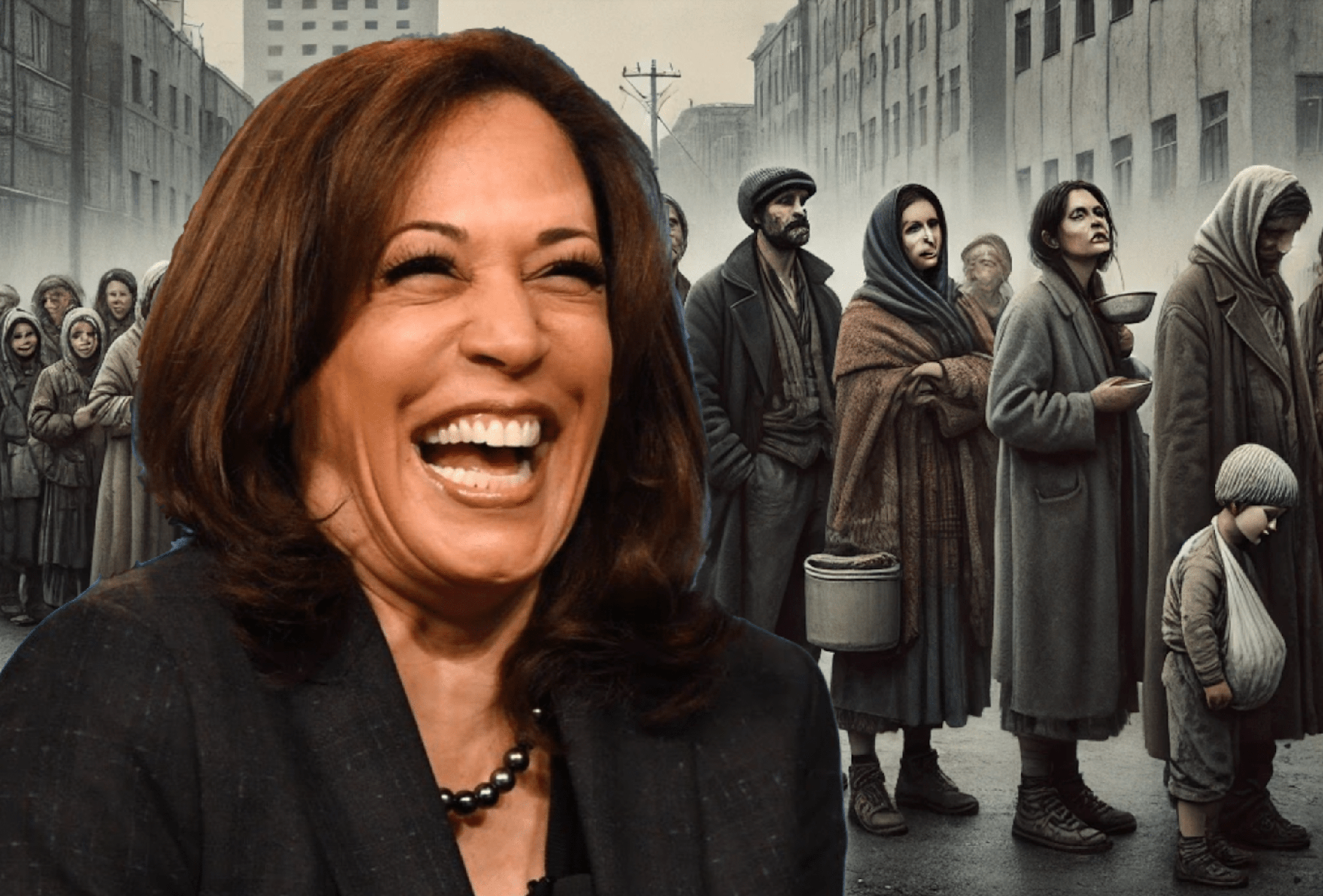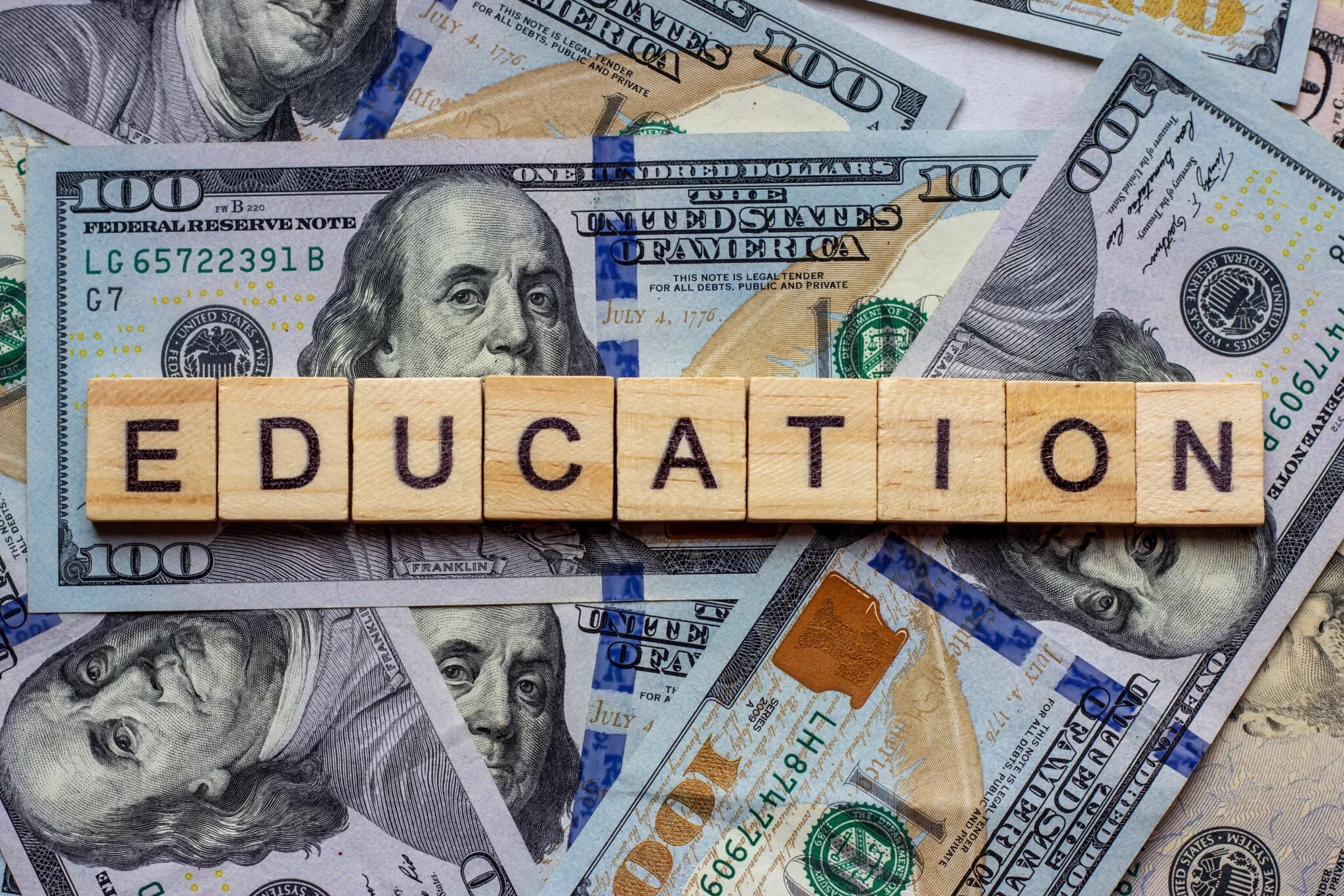Kamala Harris admits that grocery prices are higher. She just doesn’t tell you the truth about how they went up and how to fix it.
But true to her family tradition of socialism, she has an answer to the problem she helped create — price controls.
Sounds good, doesn’t it? Why shouldn’t the government keep prices form getting out of control?
To know the answer to this question we need to review a little Economics 101.
It starts with the concept of supply and demand.
The more there is of something, the least it will cost. The less there is of something, the more it will cost.
For example, sand is a relatively easy-to-obtain commodity. There is a lot of sand. Even when purchased in a 50-pound bag it only costs 12 cents a pound.
Gold, on the other hand, is a rare commodity. As of the writing of this column, gold was going for $2,508 per ounce. For an apples to apples comparison, gold would cost $40,128 per pound while sand only costs 12 cents per pound.
That’s a simple view of supply and demand.
Groceries are similar. Supply and price are also dictated by demand. Spare ribs, for example, have a smaller supply than hamburger. But hamburger costs $3.39 per pound while ribs can be purchased at $2.19 per pound. There is a higher demand for hamburger than ribs, and that also affects the price.
Oxtail is another example. In 2018, oxtail was selling for about $9 per pound. Today it is $18 per pound for two reasons — inflation and the popularity of the product has increased since more people have learned how to smoke the special cut, making demand increase.
Some products have had steady supply and demand, staples like milk and bread.
In 2019, milk was less than $3 per gallon. Today it is more than $4.10 per gallon even though supply and demand have been stable.
What would cause a stable product like milk to increase in cost by 25 percent?
Or bread? Or cereal? Or just about every other grocery item on the shelf?
According to rivals.com, grocery stores only had a 1.2 percent profit margin last year.
What has happened, then, that has caused prices to increase by 25 percent but profit margins to remain razor thin?
Kamala Harris wants you to believe that price gouging is the cause, that those selling the goods are overcharging for groceries so they can rake in record levels of cash.
But they aren’t. Again, 1.2 percent profit margin in the grocery industry.
That leads us to the third leg of Economy 101 — competition.
If one grocer attempts to overcharge, they are held in check by the store down the street. Consumers will pick the best price, and that causes all grocers to remain competitive in pricing.
So what, then, would have caused a 25 percent increase in pricing?
The three major factors include the amount of dollars in the marketplace, labor costs and delivery costs.
When the government approved the American Rescue Plan, it injected trillions of dollars in the economy. By doing so, we had too many dollars chasing too few of goods. The law of supply and demand kicked in, and prices started to increase.
The tie-breaking vote on that bill, by the way, was cast by Vice President Kamala Harris.
If you give everyone several thousand dollars at the same time, prices simply increase, otherwise, the limited supply of all goods at any one time would run out.
Think about it, why not just give everyone a million bucks? Because it would make dollars worth less than pennies, that’s why.
As prices increase, workers demand higher wages just to keep pace, and so grocers and all other businesses saw labor prices increase, and for the store to pay those wages, they have to adjust the price of the goods they sell to cover the increased cost of doing business.
To get those goods from factories to stores takes hundreds of thousands of semi trailers, and when you double the price of fuel, guess what that does to the price of all those goods being delivered? It goes up.
That’s why stores have experienced 25 percent price increases and only 1.2 percent profit margins.
Kamala can’t take the blame for that and win, so she is blaming the grocer. Her solution is to allow the government to set the prices.
What that will do is force grocers to cut jobs and possibly stop selling certain products at a loss.
In addition, the producers of milk, bread and other products would have to be paid less. Farmers are already paid pennies for their work, and Kamala wants to see that cut. Chances are she’s never been on a tractor or combine at 2 a.m. to bring in the harvest.
Wherever price controls have been implemented, which includes places like Venezuela and Cuba, shortages and starvation followed. It’s the final step to socialism, because the government controls the entire economy.
Instead of you picking products and grocers based on quality and service, the government simply sets the price, removing standards. You will pay what they tell you to pay.
And the capitalist laws of supply and demand, of competition and consumer choice are thrown out the window.
This is what you expect from those who want to redistribute wealth, taking from those who work to reward those who don’t.
The quickest way to do that is to allow the government to set the prices on groceries, which will become everything else. And that’s why she can’t be president.
Earl Watt is the owner and publisher of the Leader & Times in Liberal, Kansas. Watt started his career in journalism in 1991 at the Southwest Daily Times. During his career, the newspaper has won a total of 17 Sweepstakes awards from the Kansas Press Association for editorial content and 18 Sweepstakes awards for advertising. Watt has been recognized with more than 70 first place awards for writing in categories from sports and column to best front pages, best sports pages and best opinion pages. Watt is a member of the Sons of the American Revolution and is the descendant of several patriots who fought for America's freedom and independence.





